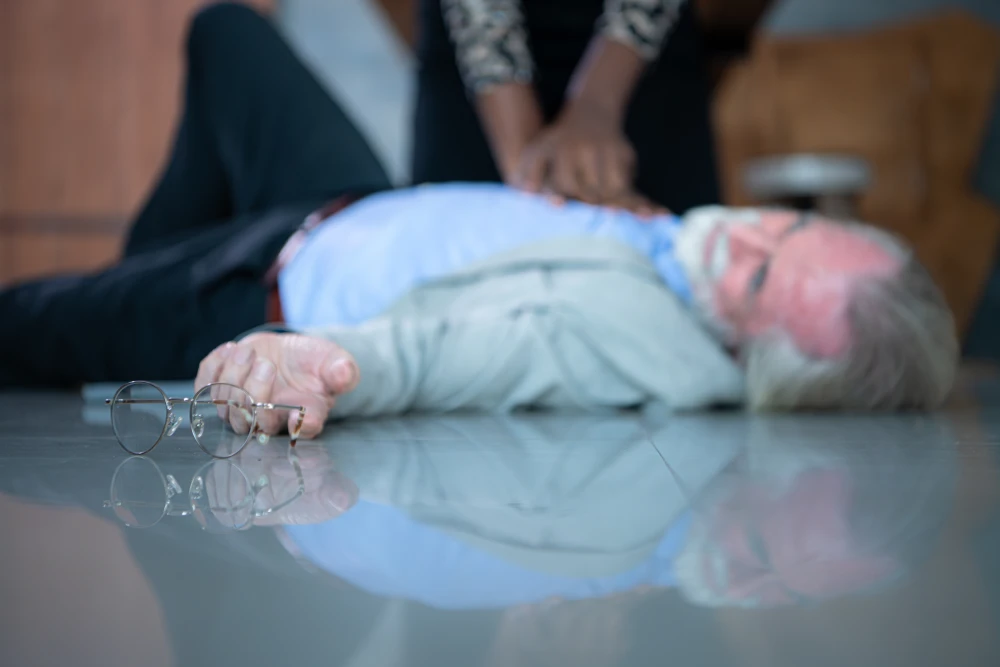
Neurological injury is often labeled an invisible disability. In many situations, people show no outward symptoms that something is amiss. Vehicle accidents remain one of the leading causes of head and traumatic brain injury, which can affect the entire central nervous system, causing a host of problems. The type and severity of neurological issues can vary tremendously from one person to the next, and only a thorough medical evaluation can diagnose the problem.
Whether you’re involved in a head-on crash or a minor fender bender, it’s important to have a comprehensive physical examination and diagnostic tests. Anytime the brain is jarred violently inside the skull, it can tear tissues and rupture blood vessels causing deep bruising (known as a brain contusion), swelling and internal bleeding.
It is possible to experience neurological damage after a car crash and be completely unaware of the injury. Loved ones may notice subtle changes in your behavior or moods at first that can be indicative of more serious neurological issues.
Early signs of a neurological injury
If your primary care physician suspects any type of trauma to the brain or sensory nerves, you may be referred to a neurologist who specializes in disorders of the central and peripheral nervous system.
Inform your healthcare provider if you are experiencing any of the following symptoms after a vehicle accident or blow to the head:
- Chronic headaches
- Migraines
- Nausea
- Ringing in the ears
- Fatigue
- Confusion
- Weakness or tingling in the extremities
- Emotional changes
- Irritability
- Slow response times
With prompt diagnosis and swift treatment, your doctor may be able to prevent permanent physical or cognitive impairments associated with concussions or nerve damage. Nerve injuries can ultimately contribute to problems with motor control, balance, and cause numbness or weakness in the extremities.
Radiculopathy tests and treatment
Electromyograms, CT scans, X-rays, MRIs and other tests can identify if nerves in the root of the spinal column are pinched or compressed – a condition known as radiculopathy. Nonsurgical treatment may consist of nonsteroidal anti-inflammatory drugs, muscle relaxants, steroid injections and physical therapy. If these measures do not work, some people may need surgical intervention to widen the space in the spinal column where the nerves exit, relieving pressure.
Early detection and treatment of neurological issues may help reduce likelihood of future problems, which is why it’s essential to seek medical treatment and pay extra attention to your health after any type of motor vehicle accident.
Skilled auto accident attorney in Louisiana
If you were involved in a car accident and need expert legal representation, you can count on the personal injury Bart Bernard Personal Injury Lawyers. The effects of brain injury or neurological damage can take many months to resolve, and place extreme financial burdens on your family. If the accident was caused by the negligence of another driver or party, you have the right to seek monetary damages. Call our Lafayette offices to arrange a free case evaluation with a car accident lawyer Louisiana residents trust. Get it Done Right™. Call Bart Bernard today!
Additional Resources:
- Columbia Neurology, Head Injury http://www.columbianeurology.org/neurology/staywell/document.php?id=33918
- Synpase.org. The Many Effects of Brain Injury https://synapse.org.au/information-services/the-many-effects-of-a-brain-injury.aspx
- Mayo Clinic, Traumatic Brain Injury https://www.mayoclinic.org/diseases-conditions/traumatic-brain-injury/symptoms-causes/syc-20378557



